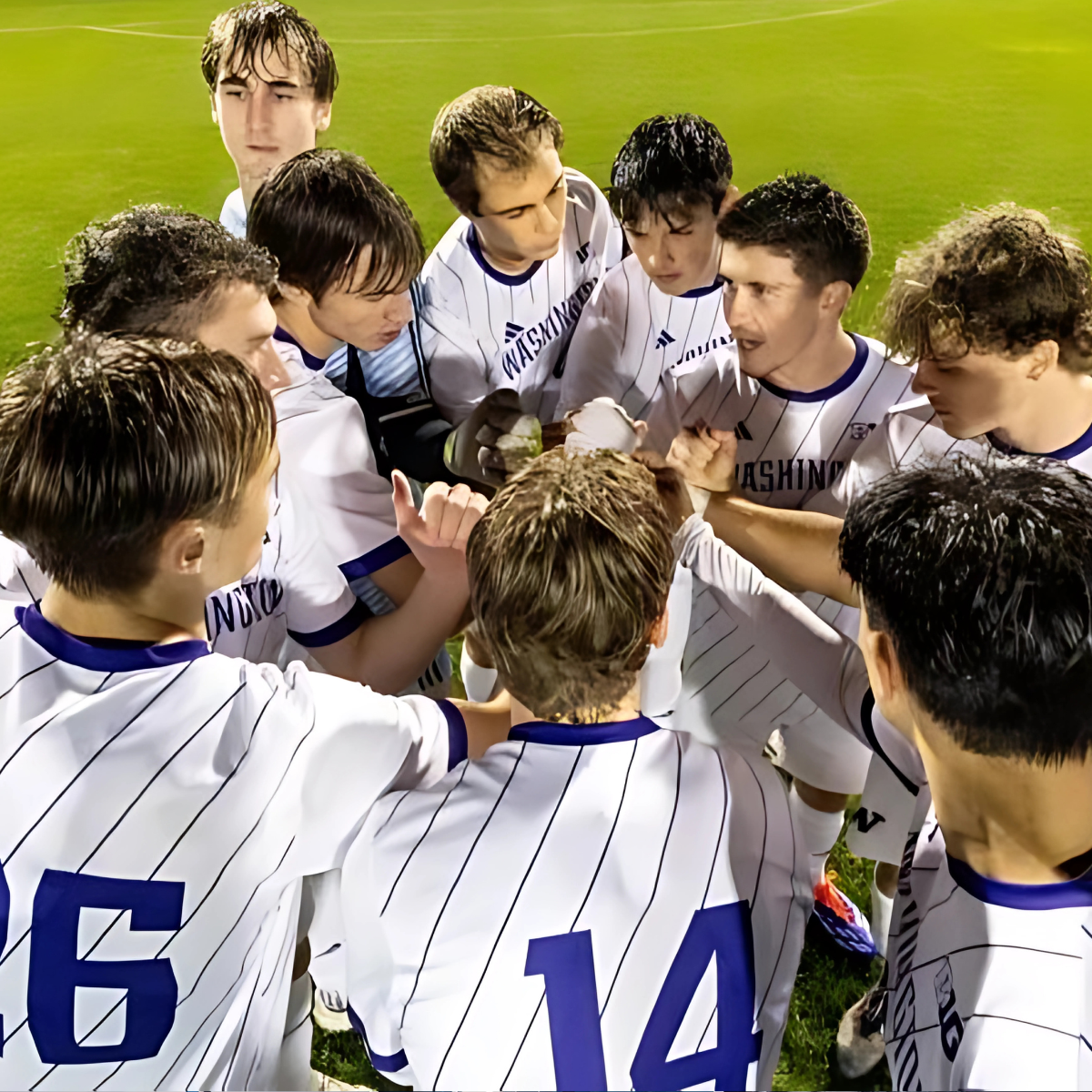How Does the Concept of Emotional Intelligence Impact Team Sports?
Emotional intelligence (EI) refers to the ability to recognize, understand, and manage one’s own emotions, as well as the emotions of others. In the context of team sports, emotional intelligence plays a critical role in enhancing team dynamics, improving performance, and fostering a positive sporting environment. As athletes navigate the complexities of competition and collaboration, understanding and applying EI can lead to significant benefits for both individuals and teams.
The Importance of Emotional Intelligence in Team Sports
- Enhanced Communication: Emotionally intelligent athletes are better equipped to communicate effectively with teammates and coaches. They can express their thoughts and feelings clearly while also being attuned to the emotional cues of others. This heightened awareness fosters open dialogue, reduces misunderstandings, and strengthens team cohesion.
- Conflict Resolution: Conflicts are inevitable in team settings, whether due to differences in opinions, competitive tensions, or stressors related to performance. Athletes with high EI can navigate conflicts more effectively by empathizing with others’ perspectives and finding common ground. This ability to manage disputes constructively contributes to a harmonious team atmosphere.
- Motivation and Morale: Coaches and leaders with high emotional intelligence can inspire and motivate their teams. By understanding the emotional needs of athletes, they can create an environment that encourages engagement and commitment. Positive reinforcement and recognition of individual contributions enhance morale, leading to improved performance.
- Stress Management: Competitive sports often involve high-pressure situations that can induce stress and anxiety among athletes. Emotionally intelligent individuals are better at managing their emotions during these times, enabling them to maintain focus and composure. This self-regulation helps athletes perform optimally even under challenging conditions.
- Building Trust: Trust is essential for effective teamwork. Athletes who demonstrate emotional intelligence foster trust by being reliable, supportive, and understanding. When team members feel safe expressing their emotions without fear of judgment, it strengthens relationships and enhances collaboration.
- Resilience in Adversity: Teams face various challenges, including losses, injuries, or setbacks during competitions. Emotionally intelligent athletes are more resilient; they can bounce back from disappointments by maintaining a positive outlook and supporting one another through difficult times.
The Role of Coaches in Developing Emotional Intelligence
Coaches play a pivotal role in cultivating emotional intelligence within their teams:
- Modeling Behavior: Coaches should demonstrate high levels of emotional intelligence themselves by managing their emotions effectively, communicating openly, and showing empathy towards athletes.
- Training Programs: Implementing training programs focused on developing emotional intelligence skills can benefit athletes. Workshops or sessions on communication skills, conflict resolution, and self-regulation can enhance EI among team members.
- Creating a Supportive Environment: Coaches should foster a culture that values emotional expression and support. Encouraging athletes to share their feelings and experiences promotes a sense of belonging and trust within the team.
Read: What is the psychology of risk-taking in extreme sports?
Practical Strategies for Athletes to Enhance Emotional Intelligence
Athletes can also take proactive steps to develop their emotional intelligence:
- Self-Reflection: Regularly reflecting on one’s emotions and responses during training or competition helps athletes gain insight into their emotional triggers and patterns.
- Active Listening: Practicing active listening involves fully engaging with teammates when they speak—acknowledging their feelings and responding thoughtfully. This skill fosters deeper connections within the team.
- Empathy Development: Athletes should strive to understand the perspectives of their teammates by putting themselves in others’ shoes. This practice enhances interpersonal relationships and promotes collaboration.
- Mindfulness Practices: Engaging in mindfulness techniques such as meditation or deep breathing can improve self-awareness and emotional regulation, helping athletes manage stress effectively.
The concept of emotional intelligence is vital for success in team sports. By enhancing communication, facilitating conflict resolution, boosting motivation, managing stress, building trust, and fostering resilience, EI significantly impacts team dynamics and performance outcomes. Coaches play a crucial role in developing these skills within their teams through modeling behavior, implementing training programs, and creating supportive environments. . By actively working on emotional intelligence, both athletes and coaches can cultivate stronger teams that thrive under pressure while enjoying the collaborative nature of sports.
Read: How does the concept of collective efficacy influence team performance?







%20(1200%20%C3%97%20232%20px)%20(9).png)









.png)

